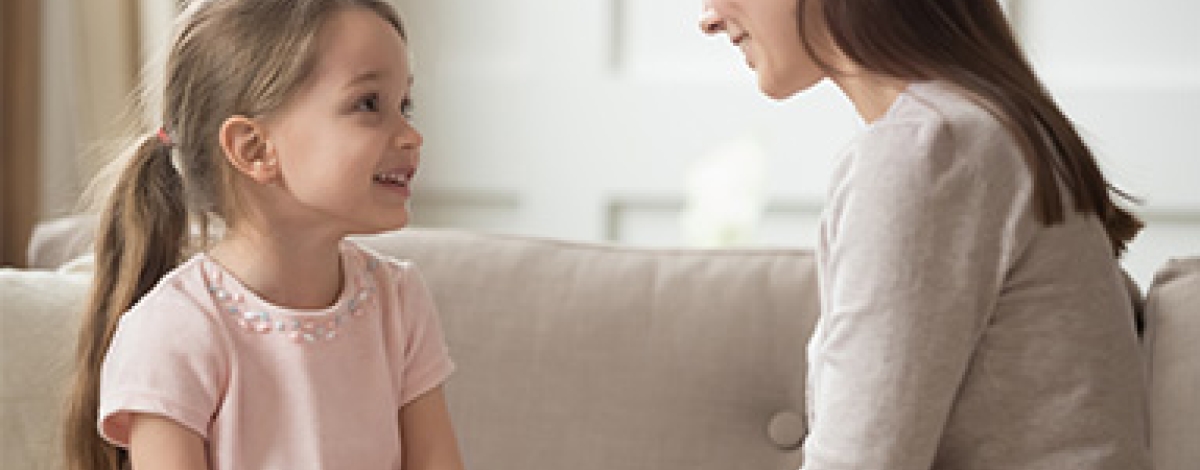Helping Parents and Caretakers Discuss Safety with Children
by Samantha Spolter, MSW, JCFS Safer Communities Coordinator
It is critically important that we engage with our young children and provide age-appropriate child abuse prevention education, as this is a key strategy in keeping children safe. We need to teach children the importance of safety, how to sense what is safe and unsafe, and how they can protect themselves and get help if they need it.
Child abuse, albeit physical, emotional, verbal, or sexual, is the harm or mistreatment of a child under 18 by any adult who in a caregiving role of that child. Although it may feel uncomfortable, directly addressing these topics helps a child understand what abuse is and provides the language they need to discuss it. Open and honest conversations confirm to your child that they can always talk to you because you will listen, no matter what. Think of it as 60 one-minute conversations rather than 1 sixty-minute lecture. The more we talk about keeping safe and bodily autonomy the more we can encourage and ensure safety for our children and the community.
JCFS Chicago helps start and continue these conversations with Safer Schools, engaging Jewish day school administrators, teachers, staff, parents, and students in education and training about healthy relationships, handling accusations or disclosures of abuse or inappropriate behavior, and corresponding legal responsibilities. The program offers an integrated, efficient way to weave the concepts of healthy relationships and safety into the school's institutional structure.
Through Safer Schools, JCFS Chicago provides a program for students in preschool-4th grade. Students are educated about personal safety and empowered with the language and tools they need to keep themselves safe. Student education is delivered by JCFS staff as well as parent volunteers, increasing the capacity of the whole community to recognize and respond to abuse. These trained parent volunteers also serve as ambassadors for the program, sharing their knowledge with other parents about abuse and how to prevent it. "It’s about working together as a community, across the religious spectrum, to put forth our very best hishtadlus (effort) when it comes to preventing abuse in our own community,” says Mindi Zissman, a Safety Mom. As part of the Safer Schools program, letters are sent home to parents reinforcing what children learned, along with tips for talking with kids about body safety and the importance of supervision in the home.
If you are interested in bringing Safer Schools to your supplementary religious school or camp, please contact Bracha Jakofsky, Abuse Prevention Coordinator & Mental Health Educator.



 Back
Back